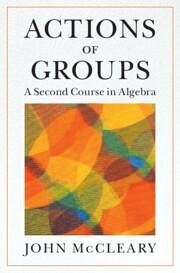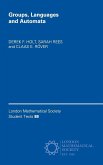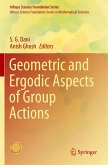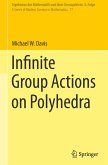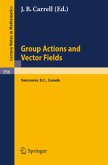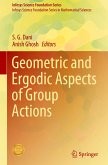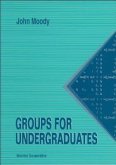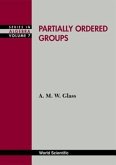"Using the unifying notion of group actions, this second course in modern algebra introduces the deeper algebraic tools needed to get into topics only hinted at in a first course, like the successful classification of finite simple groups and how groups play a role in the solutions of polynomial equations. Because groups may act as permutations of a set, as linear transformations on a vector space, or as automorphisms of a field, the deeper structure of a group may emerge from these viewpoints, two different groups can be distinguished, or a polynomial equation can be shown to be solvable by radicals. By developing the properties of these group actions, readers encounter essential algebra topics like the Sylow theorems and their applications, Galois theory, and representation theory. Warmup chapters that review and build on the first course and active learning modules help students transition to a deeper understanding of ideas"--
Hinweis: Dieser Artikel kann nur an eine deutsche Lieferadresse ausgeliefert werden.
Hinweis: Dieser Artikel kann nur an eine deutsche Lieferadresse ausgeliefert werden.

